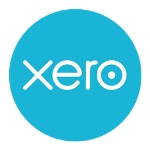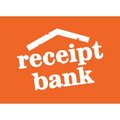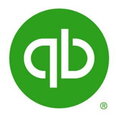Small Business Accounting Terms You Should Know
Running a small business requires accounting knowledge to keep your finances organized and accurate. Having an understanding of small business accounting terms can help you maintain efficient financial records while avoiding potentially costly mistakes. Here are some small business accounting terms you should know:
Cash Basis Accounting – This is the most commonly used method by small businesses when recording revenue and expenses. It records transactions when cash is actually exchanged and ignores the time it takes to complete a transaction or any accrual of interest.
Accrued Expenses – This term refers to expenses that have been incurred but not yet paid. They are also known as outstanding expenses or accounts payable. Accrued expenses must be recorded in order to maintain accurate financial records.
Accrued Revenues – This term refers to revenues that have been earned, but not yet received. They are also known as accounts receivable and must be recorded in order to maintain accurate financial records.
Depreciation – This is the process of allocating the cost of an asset over its useful life by spreading the cost over a period of time.
Amortization – This is similar to depreciation, but applies to intangible assets such as copyrights and patents. It spreads out the costs associated with these assets over their useful life.
Tax Deduction – A tax deduction is an expense that can be used to reduce taxable income. Common small business deductions include business meals, travel expenses, and charitable donations.
Fixed Costs – These are costs that remain the same regardless of changes in production or sales volume. Common small business fixed costs include rent and insurance premiums.
Variable Costs – These are costs that fluctuate with changes in production or sales volume. Common small business variable costs include materials and labor.
Net Profit Margin – This is a measure of profitability that is calculated by dividing the net profit after taxes by total revenue. It shows how much money the business has left over after accounting for all costs and expenses.
These small business accounting terms are essential to keep in mind when managing your small business finances. Understanding them can help you make informed decisions and maintain accurate financial records. With the right knowledge, small business accounting can be a breeze!
If you’re thinking about hiring a bookkeeper for your small business, contact us at BBS Accounting CPA today. We would be happy to discuss your specific needs and how we can help you take your business to the next level.







